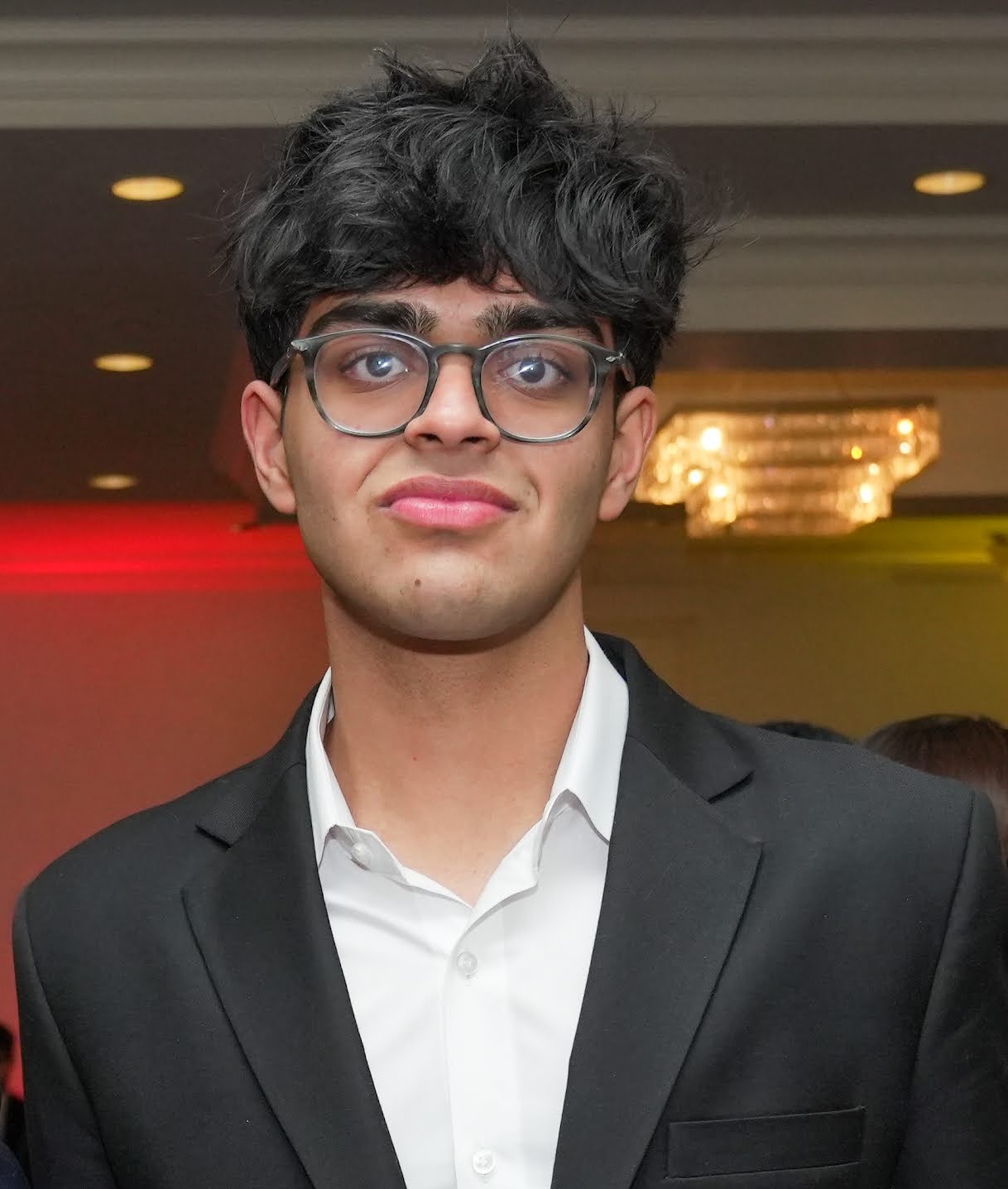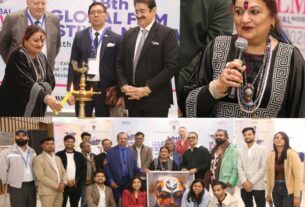In an era where healthcare innovation often emphasizes technology and infrastructure, Aarav Krishnatry has chosen a path rooted in empathy, tradition, and community-centered change. A young public health advocate and student researcher, he has emerged as a strong voice for eldercare, memory health, and rural health equity in India. His inspiration stems from a deeply personal experience, his grandfather’s battle with Alzheimer’s disease, which became the foundation of his lifelong mission to reimagine how societies care for their aging populations.
Motivated by this personal connection, he founded Project Nana, an initiative dedicated to addressing the silent but urgent crisis of eldercare in rural India. Through this platform, he works to bridge the gap between medical science, public health delivery, and cultural traditions, ensuring that elderly citizens, particularly in underserved regions, receive dignified and accessible care. His vision is not limited to immediate interventions but extends to creating sustainable, community-driven models of support that respect cultural values while embracing modern healthcare strategies.
His work stands out because of its multidimensional approach. On one hand, he has gained insights into memory health and cognitive decline through his internships at Barrow Neurological Institute in the United States. On the other, he focuses on grassroots healthcare delivery, working closely with local communities to design initiatives that are both practical and culturally sensitive. This dual commitment ensures that scientific advancements are translated into meaningful, real-world impact for vulnerable populations.
One of the hallmarks of his work is his ability to integrate technology and policy into eldercare. He advocates for the use of digital tools to improve early diagnosis, track health outcomes, and provide support to caregivers. Simultaneously, he engages in policy research and analysis, emphasizing the need for government-backed frameworks that prioritize elder health in national agendas. By doing so, he has positioned himself not only as a practitioner but also as a policy influencer, pushing for systemic reforms in how India perceives and addresses aging.
At the heart of his advocacy is the belief that eldercare must be both compassionate and culturally rooted. He emphasizes that while technology and modern medicine are invaluable, they must be aligned with local traditions, values, and social structures. This perspective resonates strongly in rural India, where cultural connections often define the quality of life in old age. By blending innovation, empathy, and tradition, he has built a model that speaks to both the scientific community and the people it seeks to serve.
His contributions have not gone unnoticed. As a Young Social Impact Leader in Healthcare, he has been recognized for creating pathways that combine education, research, advocacy, and community service. His work has inspired students, healthcare professionals, and policymakers to reconsider how aging populations are supported. Many view his journey as a blueprint for the future of compassionate healthcare leadership, where science and humanity walk hand in hand.
Speaking about Aarav’s recognition, Jagdeep Gambhir, Managing Trustee at Anhad India, shared: “Addressing Mental Health issues amongst elderly is a major public health priority. Through this work, Aarav has demonstrated that combing innovation with compassion is the way forward. His Nana Dost kits are bringing smiles back to elderly and their families. For a teenager, such tenacity and dedication is nothing short of extraordinary.”
A villager from Moosanagar, where Project Nana kits have been distributed, added:
“When my mother presses the buttons on the Nana Dost board and hears old songs, her eyes light up. For the first time in years, she smiles with recognition. Aarav’s work has brought peace back into our home.”
What makes this even more remarkable is that Aarav has accomplished it all while still pursuing a demanding high school education in the United States. Between AP classes, rowing practices, and debate tournaments, he has built an initiative that is transforming lives thousands of miles away.
As he looks ahead, his mission remains clear: to build a healthcare ecosystem where the elderly are not overlooked but are instead treated as repositories of wisdom, deserving of dignity, care, and respect. Through Project Nana and his ongoing work, he envisions a society where aging is embraced as a meaningful stage of life, supported by both modern innovation and timeless compassion. He now aims to expand Project Nana kits beyond India and make them available to elders globally, and is actively seeking funding partners to help bring this vision to life.
In a world often preoccupied with speed and progress, Aarav Krishnatry’s journey is a reminder that true progress lies in how we care for those who once cared for us. His work continues to shape the narrative of healthcare in India, proving that even the most complex challenges can be addressed when empathy meets innovation.



